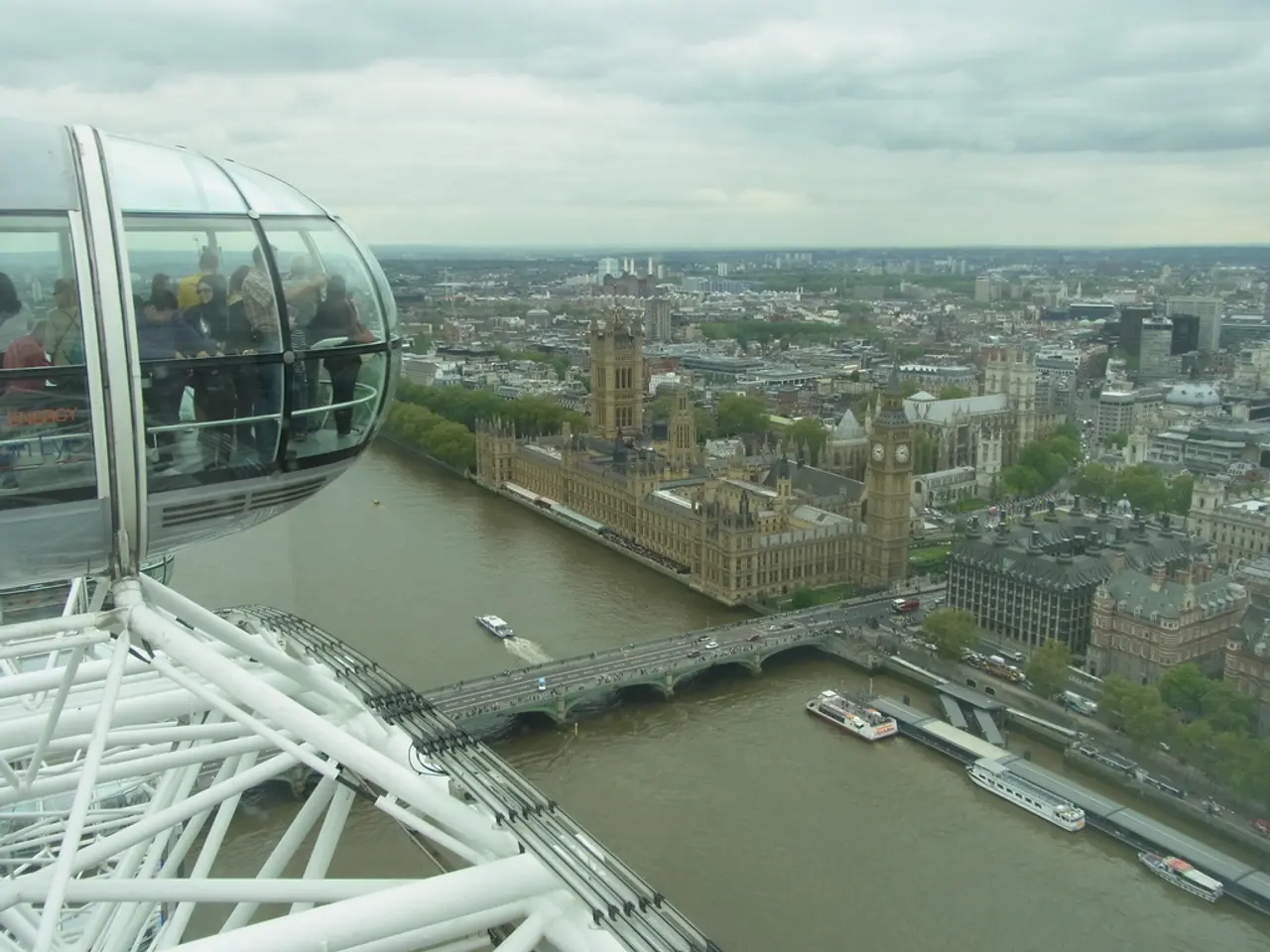Trump Arranges a "Groundbreaking Peace Meeting" Between Armenia and Azerbaijan
Historic Peace Summit Aims to End Decades-Long Conflict in South Caucasus
United States President Donald Trump will host a historic peace summit tomorrow, bringing together the leaders of Armenia and Azerbaijan in a bid to end decades of conflict between the two nations. Armenian President Vahagn Khachaturyan, Azerbaijani Prime Minister Ali Asadov, and Azerbaijani President Ilham Aliyev are scheduled to attend the summit.
The conflict over the disputed territory of Nagorno-Karabakh between Armenia and Azerbaijan has resulted in over 30,000 deaths. The summit, which will take place at the White House, is a significant step towards resolving this long-standing issue.
Trump praised the leaders of Armenia and Azerbaijan for doing the right thing for the Great People of Armenia and Azerbaijan. He claimed that many leaders have tried to end the war unsuccessfully, but he believes that the conflict can be resolved now, thanks to his efforts.
The U.S. has long sought to negotiate a truce between Armenia and Azerbaijan over the Nagorno-Karabakh conflict. Trump's Administration has been engaged with both sides for some time, and the upcoming peace summit is a culmination of these efforts.
A key element of the peace deal is a U.S.-brokered strategic transit corridor, named the Trump Route for International Peace and Prosperity (TRIPP). This corridor will be developed for transportation of rail, oil, gas, fiber optics, and electricity transmission over 27 miles (43 km), connecting Azerbaijan with its exclave Nakhchivan and facilitating direct links to Turkey and Central Asia without passing through Iran or Russia.
Geopolitically, this project aims to limit the influence of Iran, Russia, and China in the South Caucasus via a transit route governed under Armenian law that respects its sovereignty. However, Iran has expressed opposition, threatening to block the corridor citing security concerns despite its initial welcome of the broader peace agreement.
The peace deal marks a milestone in the region's conflict history, aiming to end armed clashes that had caused tens of thousands of deaths and instability. If the agreement is finalized, the US would have leasing rights to develop the TRIPP corridor, which has the potential to fully unlock the economic potential of the South Caucasus Region.
In summary, the 2025 Armenia-Azerbaijan peace agreement establishes a formal peace and inter-state relations framework based on international law and mutual goodwill. The U.S., led by Trump during the signing, brokered a transit corridor (TRIPP) empowering American strategic interests in the region with a 99-year Armenian concession. The corridor enhances Azerbaijan-Turkey connectivity and bypasses Iranian and Russian territory, changing regional geopolitics. However, the deal faces external challenges, especially from Iran.
- The historic peace summit, aimed at ending the decades-long conflict in South Caucasus, was not only a significant step in politics, but also a notable event in the field of general news, as it involved discussions about policy-and-legislation and the establishment of a strategic transit corridor.
- The 2025 Armenia-Azerbaijan peace agreement, which ended decades of war-and-conflicts in the South Caucasus, not only improved the region's general news, but also had a significant impact on sports, as the line of conflict had often disrupted athletic competitions between the two nations.








